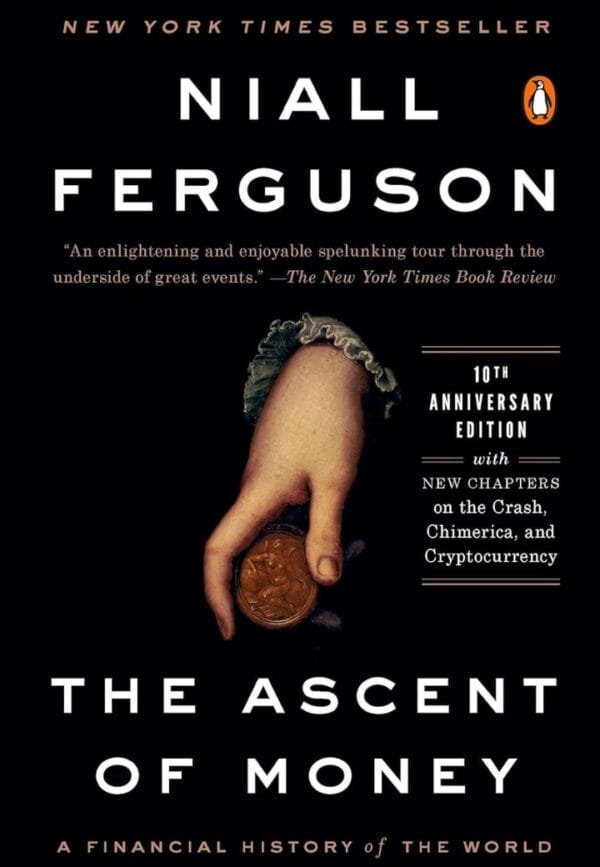
Niall Ferguson
Niall Ferguson, born on April 18, 1964, in Glasgow, Scotland, is a prominent British-American historian, author, and public intellectual known for his expertise in economic and financial history. He attended The Glasgow Academy and later studied history at Magdalen College, Oxford, where he graduated with first-class honors in 1985. Ferguson also studied as a Hanseatic Scholar in Hamburg and earned his DPhil from Oxford in 1989.
Ferguson’s academic career began with fellowships at prestigious institutions, including Christ’s College and Peterhouse at Cambridge, and later Jesus College at Oxford. In 2002, he moved to the United States to become the John Herzog Professor of Financial History at New York University’s Stern School of Business. By 2004, he had joined Harvard University as the Laurence A. Tisch Professor of History.
He is the author of several influential books, including The Pity of War (1998), Empire: The Rise and Demise of the British World Order (2003), and The Ascent of Money (2008), which explore themes of imperialism, finance, and global history. Ferguson has also produced documentary series for television, notably for PBS.
A prolific commentator on contemporary issues, he has contributed to various publications such as The Financial Times, Newsweek, and The Sunday Times. In recognition of his impact on public discourse, he was named one of TIME magazine’s 100 Most Influential People in 2004.
In addition to his academic work, Ferguson has been involved in founding the University of Austin in Texas and serves as a senior fellow at the Hoover Institution
- Imperialism, Finance, and Global History
- 1964
- Male
- 1
-
(0)By : Niall Ferguson
The Ascent of Money: A Financial History of the World
From the clay tablets of Mesopotamia to the flashing screens of global stock markets, The Ascent of Money traces the restless, shape-shifting journey of humanity’s greatest invention: finance. In this sweeping narrative, money is not merely a medium of exchange—it is the silent architect of empires, revolutions, and ruin. Through wars, bubbles, and banking dynasties, the book unveils how financial innovation both liberated and enslaved, enriched and annihilated. Can understanding the story of money illuminate the forces that still govern our lives, or are we forever doomed to dance to its invisible rhythms? This is the tale of power dressed in numbers—a saga as volatile as it is vital.
- Originally Published: Nov 2008
- Publisher: The Penguin Press, 2009
- Genre: Non-fiction
- Pages: 496
- Book Type: Hardcopy
- ISBN: 9780143116172
- Access: Members

